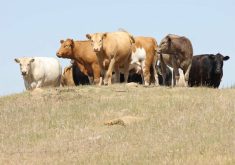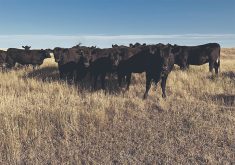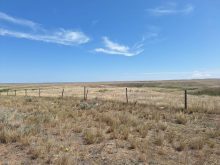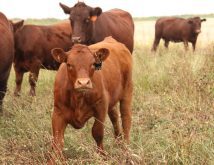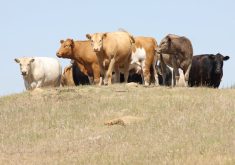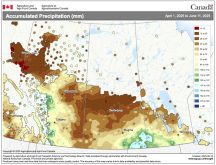Farm group wants action on Agri-Recovery and help with water supplies
Saskatchewan’s general farm organization is calling for immediate government action to help the province’s farmers and ranchers cope with drought.
According to a June 12 news release, APAS is asking the federal and provincial governments to initiate a drought-related Agri-Recovery assessment.
It has also asked government to assist with water supplies and water quality management, designate the entire province as eligible for the Federal Livestock Tax Deferral program and create a provincial drought committee of government and industry representatives to monitor drought conditions and oversee assistance measures.
Read Also

Agi3’s AI-powered individualized farm insurance products win innovation prize
Agi3’s AI-powered individualized farm insurance products won the business solutions prize in the Innovations Program Awards prior to the Agriculture in Motion farm show in Langham, Saskatchewan.
APAS would also like Saskatchewan Crop Insurance to consider a new program that will encourage the conversion of drought-damaged cereal crops into livestock feed such as green feed, silage or grazing.
“For many producers, 2019 is our third straight year of below average moisture,” said APAS president Todd Lewis.
“We can’t just keep hoping for rain. It is time to act.”
Lewis said farmers in the province are under considerable stress as they cope with little or no moisture on croplands, poor pasture conditions and dwindling feed resources.
“The government may not be able to make it rain, but there are concrete actions that can be taken to alleviate some of the burden producers are dealing with,” Lewis said.





